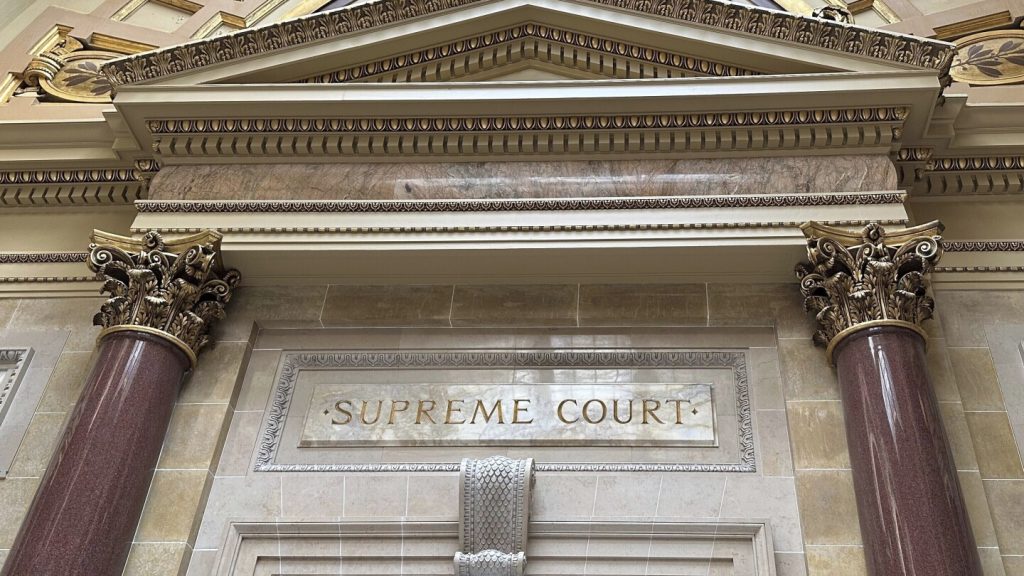The Wisconsin Supreme Court is set to decide whether or not counties in the state must release voter incompetency records. The Wisconsin Voters Alliance filed a lawsuit against Walworth County’s register in probate in 2022, seeking access to records indicating individuals who have been deemed incompetent to vote by a judge. The group claims that the number of ineligible voters does not align with the information available on the state’s public voter database. The 2nd District Court of Appeals ruled that these records are public and must be released, albeit with certain personal information redacted. However, the county’s register in probate, Kristina Secord, has asked the Supreme Court to review this decision. The court has agreed to take on the case, with the first briefs scheduled to be filed within 30 days.
The Wisconsin Voters Alliance has been active in challenging election outcomes, having brought two unsuccessful lawsuits in an attempt to overturn President Joe Biden’s victory in the state during the 2020 election. Their current lawsuit regarding voter incompetency records has sparked debate over the transparency and accuracy of voter information in Wisconsin. The group’s allegations that there may be discrepancies between the number of ineligible voters and the state’s official voter database have raised concerns about the integrity of the electoral process. The decision of the Wisconsin Supreme Court in this case could have significant implications for future elections in the state and the accessibility of voter information.
The legal battle over the release of voter incompetency records has drawn attention to the importance of maintaining accurate voter rolls and ensuring the integrity of the electoral system. The Wisconsin Supreme Court’s upcoming ruling on this matter will clarify the extent to which counties are obligated to disclose information about individuals who have been deemed incompetent to vote. The decision could have implications for voter disenfranchisement, privacy rights, and the overall transparency of the election process in Wisconsin. As the case moves forward, various stakeholders will be closely watching the proceedings and considering the potential impact on future elections.
The Wisconsin Voters Alliance’s pursuit of voter incompetency records has raised questions about the group’s motives and the potential implications of their actions. Critics argue that the Alliance’s efforts to access these records may be part of a broader strategy to challenge the legitimacy of election results and undermine public trust in the electoral system. Proponents, on the other hand, assert that transparency and accountability are essential in ensuring fair and accurate elections. The outcome of the lawsuit will likely have long-lasting effects on voter privacy, election integrity, and the balance between transparency and confidentiality in the electoral process.
The Wisconsin Supreme Court’s decision to take on the case indicates the significance of the issues at hand and the need for a resolution to the legal dispute. The court’s order mandating the filing of briefs within 30 days suggests that the matter will be expedited, signaling the court’s recognition of the urgency of the issue. As the case progresses, additional details will likely emerge regarding the arguments put forth by both sides and the potential implications of the court’s ruling. The outcome of this case could set a precedent for how voter incompetency records are handled in Wisconsin and may influence similar legal disputes in other states.
Overall, the legal battle over the release of voter incompetency records in Wisconsin highlights the complex interplay between transparency, privacy, and electoral integrity in the democratic process. The Wisconsin Supreme Court’s decision in this case will have far-reaching consequences for voter access to information, the protection of individuals’ privacy rights, and the public’s trust in the electoral system. As the case unfolds and additional information is presented, it will be crucial for stakeholders to consider the potential implications of the court’s ruling on future elections and the broader democratic principles at stake.


